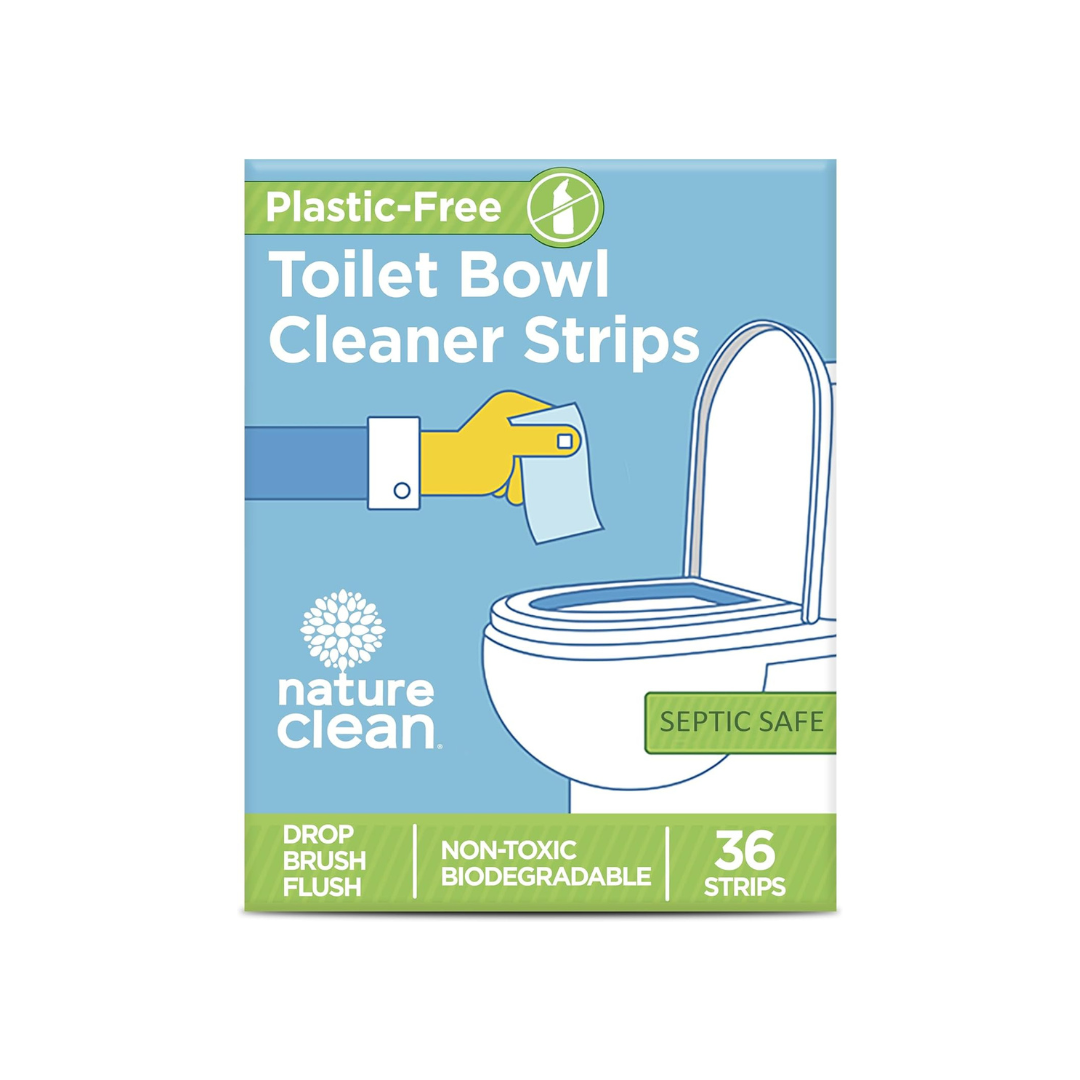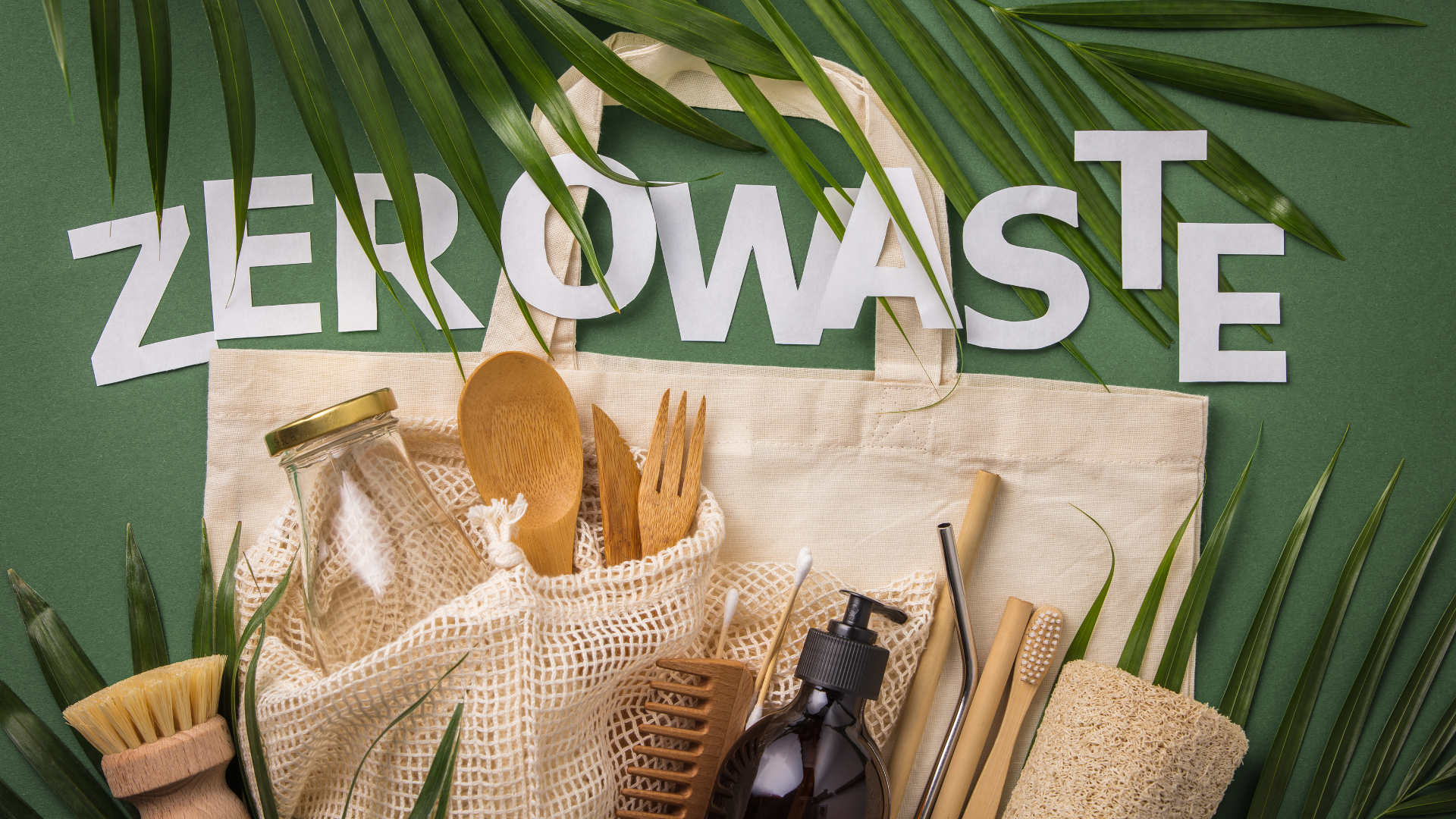Plant-based “milk” is the new cool! With the rise of concerns about animal welfare and environmental sustainability, plant-based milk is the new go-to for a lot of people. Even cow milk and goat milk have big differences from each other. The UN Food and Agriculture Organization outlines that goat milk is globally responsible for twice as many greenhouse gas emissions as cow milk. In this blog post, we are looking at dairy, almond, oat, soy, rice, hemp, and coconut milk, and assessing land use, greenhouse gas emissions, freshwater use, and eutrophication. The short answer is that comparing the plant milks among themselves is a bit nuanced because they each have different benefits and drawbacks.
Dairy Milk
Most of us grew up with dairy milk which is high in protein, calcium, and other nutrients. We are familiar with the taste and the texture used in cooking and food.
In responsible cases, it can support local agriculture and economies. So why is there a switch away from dairy? Production of dairy milk and products releases 18.1 lbs (8.2 kg) of greenhouse gasses and uses 21,242 fl. oz (628.2 L) of fresh water per liter. On the flip side of the nutrition benefits above, dairy milk is high in saturated fat and cholesterol, which can contribute to heart disease. Plus, many individuals are lactose intolerant, so it is unsuitable for those with dairy allergies, sensitivities, or individuals who do not want to consume animal products.
Almond Milk
Almond Milk is low in calories, and fat compared to dairy milk. It is high in vitamin E and other nutrients. The nutty and sweet flavor works well in many recipes. It has lower water use compared to dairy milk and can be made at home easily. So far so good! What are the drawbacks?
Growing almonds can contribute to deforestation and water scarcity in almond-producing regions. The carbon footprint is higher than some other plant-based milk due to transportation and processing. For example, producing almonds requires 37% more freshwater use than rice with 12,560.5 fl. oz (371.5 liters) per liter! The pollination of almond trees is becoming increasingly difficult due to the declining bee population.
From a nutritional standpoint, it is low in protein compared to dairy-milk, and may cause allergies in some individuals. Some brands contain added sugars, preservatives, and thickeners. For store bought almond milk, look at the packaging to see the ingredients. Luckily it is easy to make homemade almond milk, and you can control what goes into your almond milk. Adding dates is a great way to sweeten up your almond milk.
Oat Milk
Oat milk has become a popular alternative to dairy milk. Compared to dairy milk, it requires less water, land use, and has lower greenhouse gas emissions. It is high in fiber, contains essential vitamins, and is a good source of antioxidants. Oat milk is nutritious with a mild, creamy flavor that works well with coffee and other recipes. So far oat milk is doing great! What are the drawbacks?
From a nutritional standpoint, some oat milk brands contain added sugars and preservatives. Some people can be allergic or sensitive to oats which can cause reactions in people with celiac disease or gluten intolerance. Luckily enough there are gluten-free oat options, but unless stated on the package information, most probably contain gluten. Most do not have the same level of protein as dairy milk.
Lastly, it is a bit hard to find out how oat milk is produced and processed. Most oat growing is done on a large scale 0.9 yards (0.76 m2) of land needed per liter and is a monoculture.
Soy Milk
Soy milk is the first popular plant based milk option that was on the market. As an alternative to dairy milk, it rose to fame because of the high protein and nutrient content that made it a good substitute for dairy. It is widely available, affordable, and can be a good source of omega-3 fatty acids if fortified.
There are some drawbacks to soy milk based on how the soy beans are sourced and grown. First, it can have phytoestrogens which can affect your hormone levels. Second, many soy milk products are highly processed and can contain genetically modified soybeans and added sugars. Sadly, some people are allergic to soy and may experience symptoms such as digestive discomfort, hives, and swelling. The greenhouse gas emission during production is estimated to be 2.1 lbs (0.98 kg) per liter.
Rice Milk
Rice milk has a mild and sweet flavor that works well in many recipes. It is a healthier option due to its low fat and calorie content when compared to dairy milk. Plus, it is naturally gluten-free which makes it a suitable option for those with gluten sensitivities and allergies.
Compared to dairy milk, rice milk is high in carbohydrates, naturally occurring sugars, and low in protein. Rice is known for the water it consumes during its growing period. The eutrophication rate of rice milk per liter is 0.01 lbs (4.7 g). Second, greenhouse gas emissions are among the highest with 2.6 lbs (1.2 kg) per liter. This is due to the high amount of methane emitted by the bacteria in paddy fields during the growth of rice. An important fact to consider is that some rice milk products contain trace amounts of arsenic, which can be harmful in large quantities. They can lead to water pollution!
Hemp Milk
Hemp milk is a plant-based milk type that is made from ground hemp seeds. It is high in protein, omega-3, and omega-6 fatty acids as well as other nutrients. Hemp milk is low in carbohydrates and sugar. The nutty flavor complements some recipes perfectly.
It is not as widely available as other milk alternatives, so can be more expensive. The gritty texture and strong, nutty flavor is an acquired taste. Similar to rice and almond milk, the cultivation of hemp seeds requires large amounts of water and land. Production and processing can have a higher carbon footprint compared to some other plant-based milk, depending on the sourcing and processing methods used. Second, the legality of hemp farming is still a gray area in many countries. This can be a problem and create confusion. Plus, the processing of hemp seeds into a milk can result in the loss of some of the nutrients in the seeds.
Coconut Milk
The creamy texture and rich, tropical flavor of coconut milk works well in many recipes. Compared to dairy milk it has lower water use, and calories. Coconut milk is high in fiber and contains essential vitamins and minerals. It is also a good source of antioxidants. A few things to pay attention to are the sugar levels, calories, and saturated fat content.
Get ready to join the plant-based milk party! We've explored the world of dairy and plant-based milk, and ranked each type based on their sustainability and nutritional value. While dairy milk may be high in protein and calcium, it comes with a hefty environmental price tag. Luckily, there are plenty of delicious plant-based milk alternatives to choose from, like oat milk, which is low in greenhouse gas emissions, and almond milk, which is low in calories and high in vitamin E. Whether you're lactose intolerant, vegan, or just looking for a more sustainable option, there's a plant milk out there for you. So go ahead, make the switch and enjoy the tasty and eco-friendly benefits of plant-based milk!

Visual source: https://ourworldindata.org/environmental-impact-milks


















